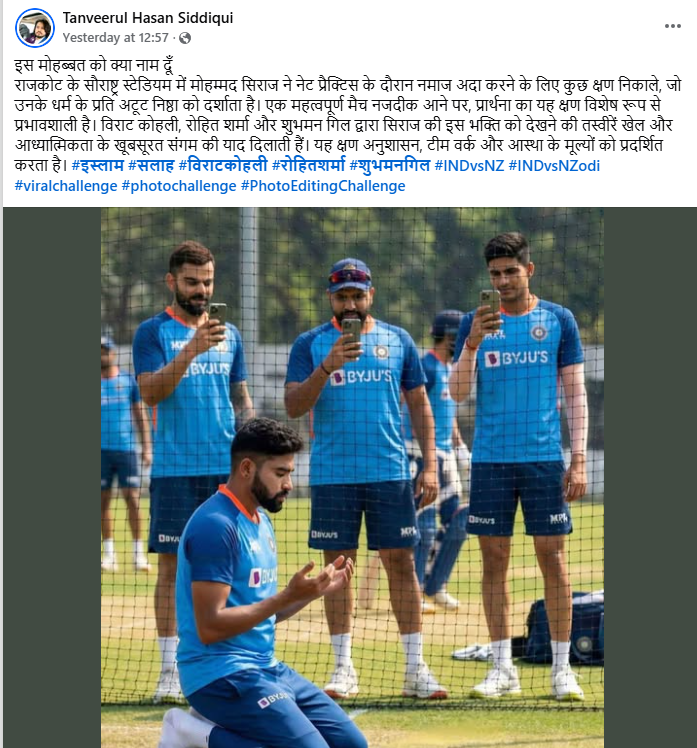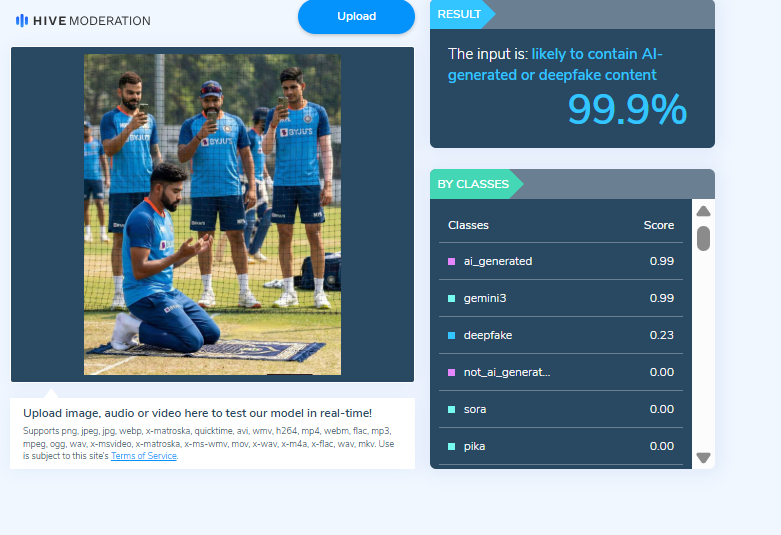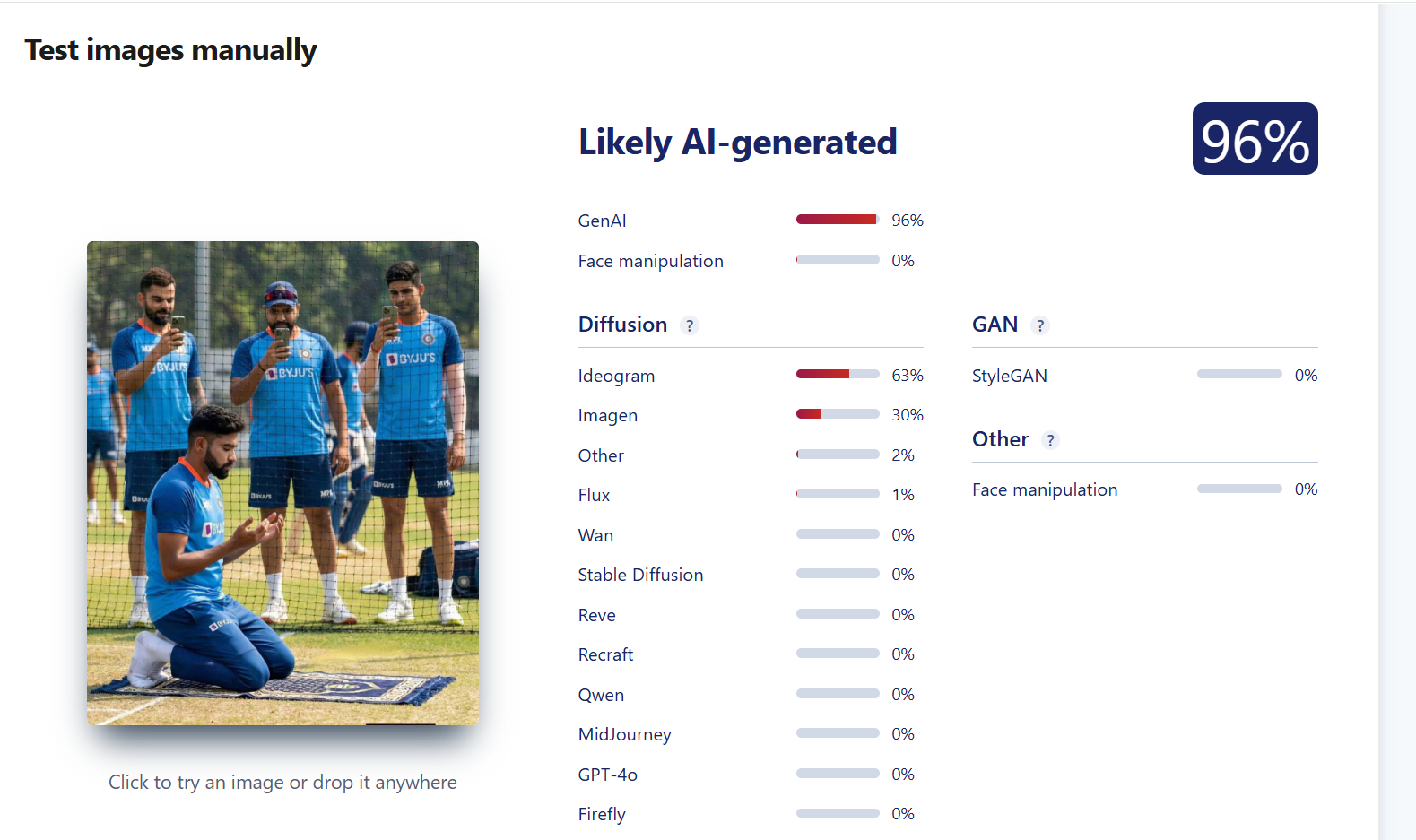Fake News Dilemma - Virat Kohli's Case
Introduction
In a world perpetually in motion, the currents of the information superhighway surge ceaselessly, molding perceptions, shaping realities, and often blurring the lines that tether truth to its moorings. At the heart of this relentless churn lies a conundrum that has become all too familiar, in which veracity is obscured by the shadow-play of misinformation. Emblematic of this dilemma is the narrative of Virat Kohli, a name that has become synonymous not only with cricketing brilliance but with the complexities of a modern era where digital echo chambers amplify half-truths and outright fabrications with alarming efficacy.
It is within this intricate fabric of the digital realm that the saga of Virat Kohli—a titan of cricket whose arsenal of strokes and strategic acumen have captivated audiences worldwide—takes on a dimension that transcends the sport. The speculative murmurs have been converted into roaring waves of misinformation, crafting a narrative that, while devoid of truth, assumes a disconcerting life. This digital osmosis, the transmutation from a quiet inkling to a deafening chorus of credibility, exemplifies the troublesome dynamic that has come to define our interactions with news media in the 21st century.
Fact check: Viral Misinformation
A viral post about Virat Kohli's mother suffering from liver issues has gone viral on social media. The claim came after Kohli withdrew from the India-England test series citing 'personal reasons'. Vikas Kohli, brother of Virat Kohli, clarified on Instagram that the viral news about their mother is false. He clarified that their mother is doing well and the viral claim is false. Vikas Kohli's Instagram page dismissed the viral claim, stating that he noticed the fake news and requested the media not to spread such news without proper information.
Fake Health Crisis
As this virulent strain of rumour regarding the health of Saroj Kohli, Virat Kohli’s mother, began to swell into the digital domain, it brought to the forefront a critical examination of the checks and balances within our networks of communication. Saroj, whose resilience and nurturing presence had been an anchor in the athlete's storied journey, undeservedly became the nucleus of a fictitious tale of despair, giving us pause to reflect on the ethical boundaries of storytelling in the world of clicks and views.
Vikas Kohli—the elder brother of Virat Kohli—took to social media, the very platform from which the falsehood originated, to stand as the bulwark against the spread of this groundless narrative.
The Consequences
The consequences of such falsehoods and their rapid dissemination are manifold, affecting individuals and communities in profound ways. The motivations behind the proliferation of deceitful stories are as labyrinthine as the networks they traverse - from manipulation and economic incentives to the pursuit of sheer sensationalism or cynical entertainment, each strand intertwines to form an intricate web wherein truth struggles to assert itself.
Conclusion
In the ceaseless expanses of the digital cosmos, where one can easily drift into the void of falsities, let the narrative of Virat Kohli stand as a sentinel, a reminder of our duty to navigate these waters with vigilance and to preserve the sanctity of truth. Amidst the vast ocean of content that laps in our consciousness, it is precisely this unwavering dedication to facts that will act as our compass, enabling us to discern the credible beacons from the deceptive mirages and ultimately ensuring that our discourse remains moored in the bedrock of reality.
References
- https://www.thequint.com/news/webqoof/virat-kohli-mother-sick-liver-disease-fact-check
- https://indianexpress.com/article/sports/cricket/ind-vs-eng-virat-kohlis-brother-dismisses-fake-news-circulating-about-their-mother-9136144/
- https://www.outlookindia.com/amp/story/sports/ind-vs-eng-virat-kohlis-brother-slams-fake-news-on-their-mothers-health








